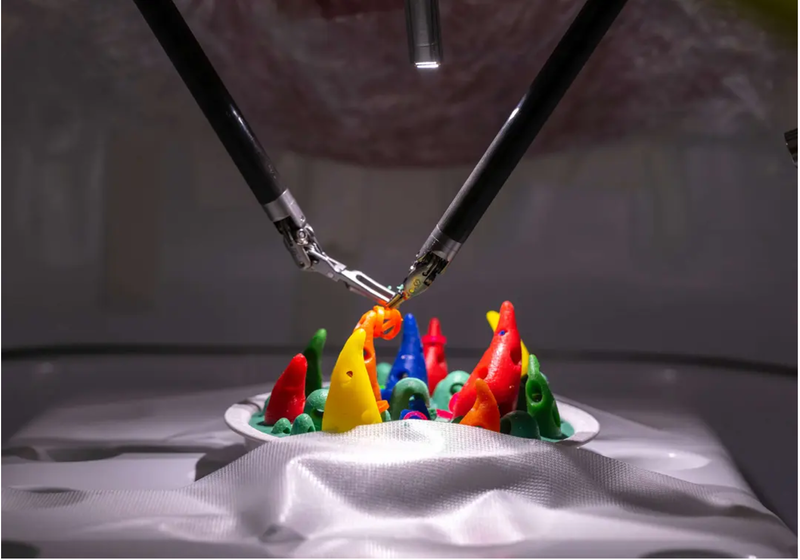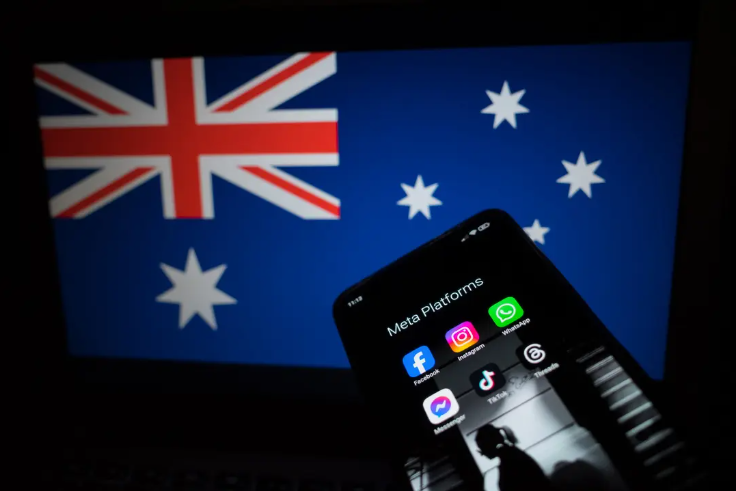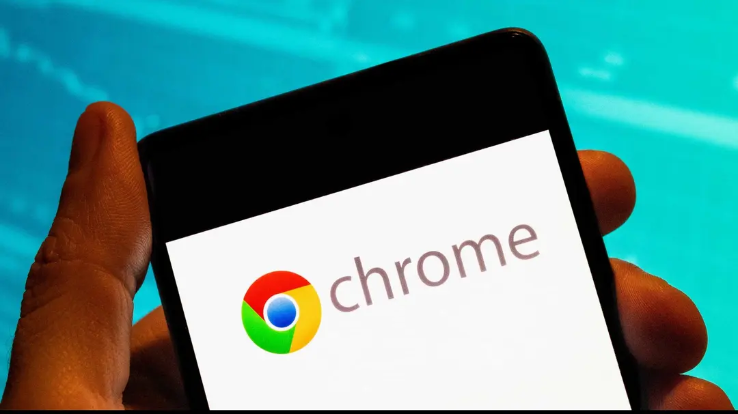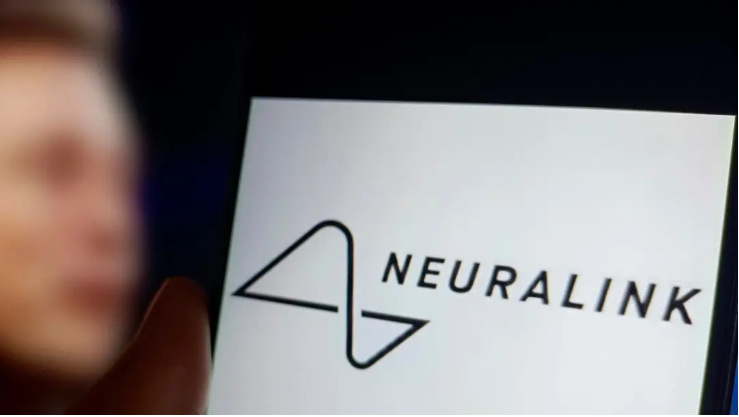Thousands of Writers Urge AI Not to Use Their Work Without Permission
Thousands of writers, including authors Margaret Atwood, Jonathan Franzen, James Patterson, Suzanne Collins, and Viet Thanh Nguyen, have signed a letter calling on AI companies to stop using their copyrighted work without permission.
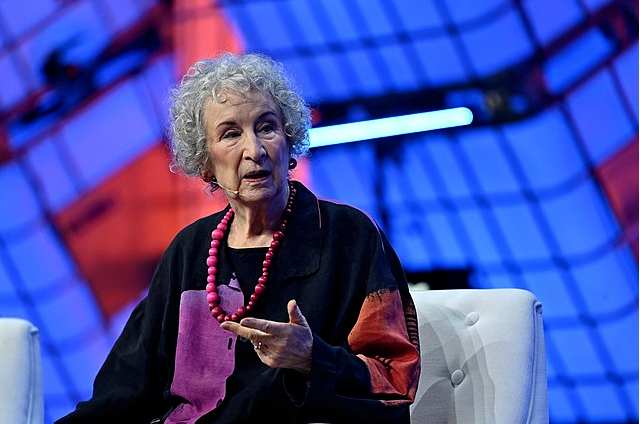
Facts
- Thousands of writers, including authors Margaret Atwood, Jonathan Franzen, James Patterson, Suzanne Collins, and Viet Thanh Nguyen, have signed a letter calling on AI companies to stop using their copyrighted work without permission. The letter was addressed to the CEOs of OpenAI, Meta, Microsoft, Alphabet, IBM, and Stability AI.1
- The more than 8K authors are also requesting payment for past and ongoing use of their works when featured in generative AI programs and in AI output, regardless of whether it breaks the law.2
- The letter wrote that "Millions of copyrighted books, articles, essays, and poetry provide the 'food' for AI systems, endless meals for which there has been no bill," and argues that AI threatens the industry by "flooding the market with mediocre, machine-written books, stories, and journalism based on our work."3
- Organized by the Authors Guild, the largest professional writers’ organization in the US, the signatories claim they should receive a cut of the "billions of dollars" AI companies spend developing the technology that scrapes vast amounts of data from the internet to mimic human speech.1
- This comes as, according to the Authors Guild, writers have seen a 40% drop in earnings in the past decade, with full-time writers' median income in 2022 being just $23,330. There are also two ongoing lawsuits against OpenAI, accusing it of copyright infringement.4
- Meanwhile, OpenAI CEO Sam Altman announced in May that the company is working on new models that respect copyright and compensate creators if their content is used.5
Sources: 1Al Jazeera, 2The Bookseller, 3Hypebeast, 4Business Insider, and 5CNN.
Narratives
- Narrative A, as provided by Silicon Angle. While current copyright laws may not cover this novel phenomenon, these billion-dollar AI companies still have a moral duty to share any profits that are made off the backs of hardworking artists. Writers, authors, and musicians are facing a dire economic outlook as their industries are rapidly outpaced by technological innovation. Creative professions will always be paramount to a strong society, and it's up to the tech giants in charge to even the playing field.
- Narrative B, as provided by Copyright Alliance. The question surrounding AI development with copyrighted material is more complicated than it seems. While companies can't make blanket fair use claims for any and all copyrighted work, they certainly can make a case if their AI training is for nonprofit or educational purposes. Courts can also, as has happened in the past, rule in favor of AI companies if their goal is not to reproduce copyrighted work for consumption but rather turn it into something new. Future court cases will have to determine the legal framework of this issue.



